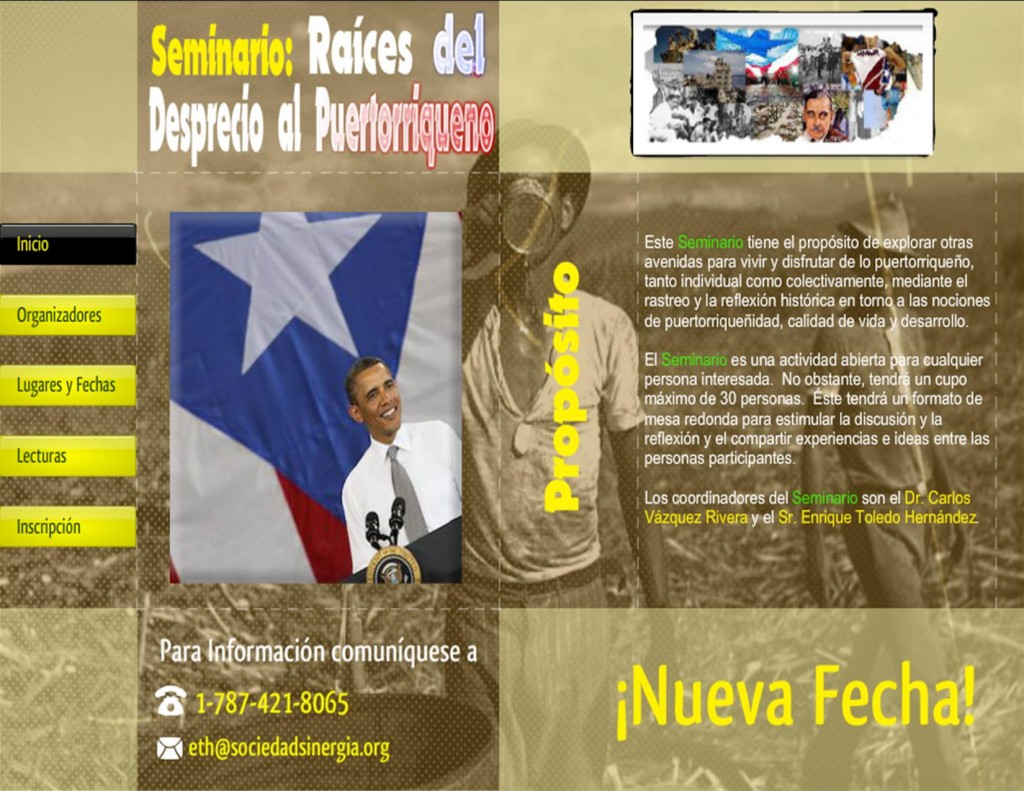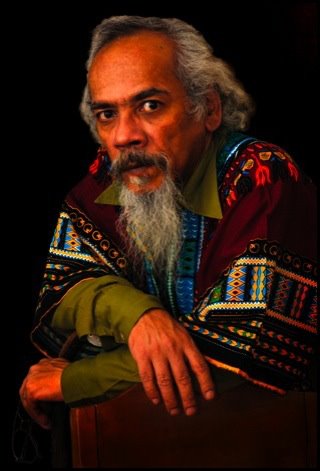Tangüis cotton
Main article: Fermín Tangüis
Fermín Tangüis poses with an example of the “Tangüis cotton”
In 1901, Peru’s cotton industry suffered because of a fungus plague caused by a plant disease known as “cotton wilt” (more correctly, “fusarium wilt”) caused by the fungus Fusarium vasinfectum.[14] The plant disease, which spread throughout Peru, entered plant’s roots and worked its way up the stem until the plant was completely dried up. Fermín Tangüis, a Puerto Rican agriculturist who lived in Peru, studied some species of the plant that were affected by the disease to a lesser extent and experimented in germination with the seeds of various cotton plants. In 1911, after 10 years of experimenting and failures, Tangüis was able to develop a seed which produced a superior cotton plant resistant to the disease. The seeds produced a plant that had a 40% longer (between 29 mm and 33 mm) and thicker fiber that did not break easily and required little water.[15] The Tangüis cotton, as it became known, is the variety which is preferred by the Peruvian national textile industry. It constituted 75% of all the Peruvian cotton production, both for domestic use and apparel exports. The Tangüis cotton crop was estimated at 225,000 bales that year.[16]

